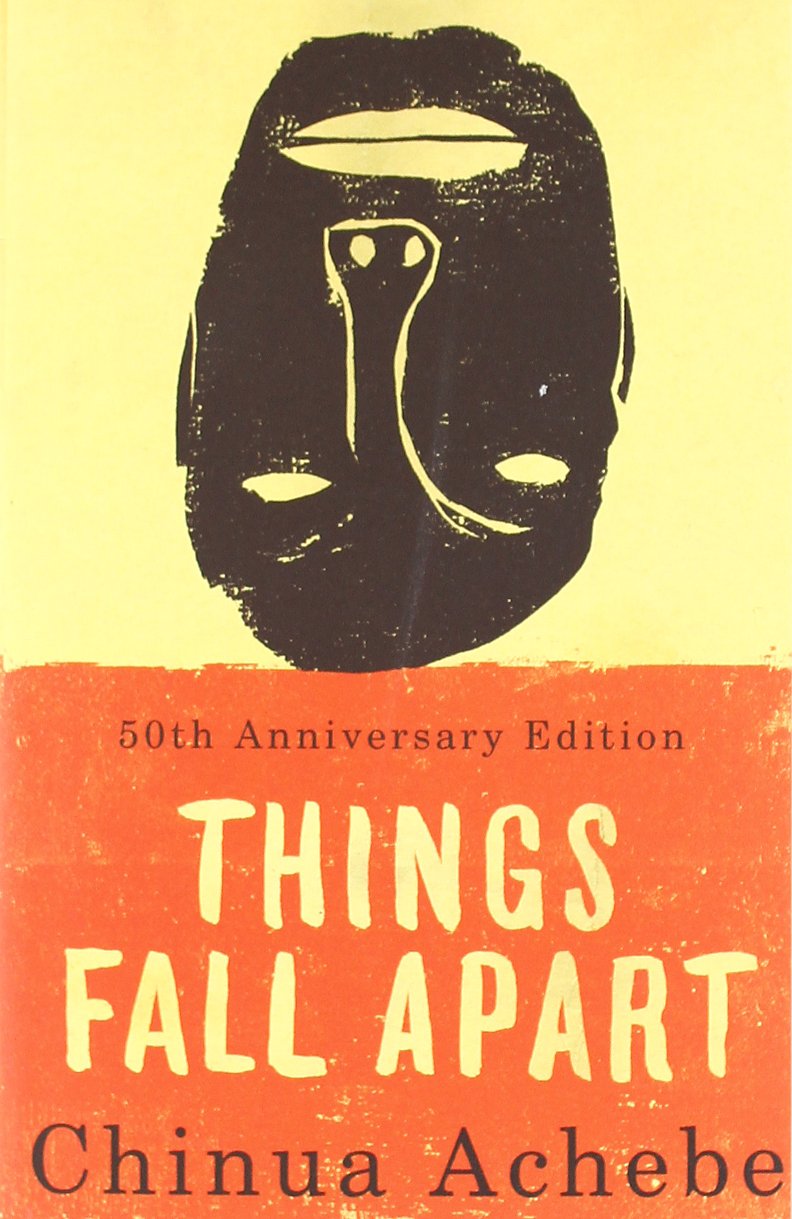- Scholastic emphasizes eliminating potential distractions. Keeping your students focused can be a difficult task so Scholastic suggests a great tool: an agenda. It's a simple thing to do, and it may seem obvious, but a strict schedule can go a long way. If the students can see what they're going to do everyday they can remain on task. Also, during the beginning of each class the teacher can simply review what they're going to do before the class starts. That way, each student understands and is able to understand.
- As Wilfred Montgomery states, a diverse curriculum can go a long way. Students should be exposed to as many perspectives as possible and a variety of books, topics, and activities is an easy way to do this. Activities like group reading assignments allow students to engage with other students about various cultures in a structured environment. If the activities are planned properly the students can learn so much through simple interaction.
- Faculty Focus stresses dutiful management. Everything you do to create an inclusive classroom can be undermined if you are not managing it properly. You need to continually engage the students, assess you methods, and be able to critique them. Obviously, you are going to face some issues but as long as you are well prepared, and maintain a calm demeanor, your class will not erupt into chaos.
It's important to remember that, like teaching methods, these are just tools. Not everything you try will work in the classroom. But, as long as you are trying, assessing, and critiquing you are on the right path. Every child deserves to be taught in an inclusive environment. They deserve to learn about culture and the purpose of perspectives. Without perspective, all they are going to learn are pieces of information. The inclusive environment promotes discussion and analysis and I hope my classrooms will be able to evoke the ideal inclusive classroom.

